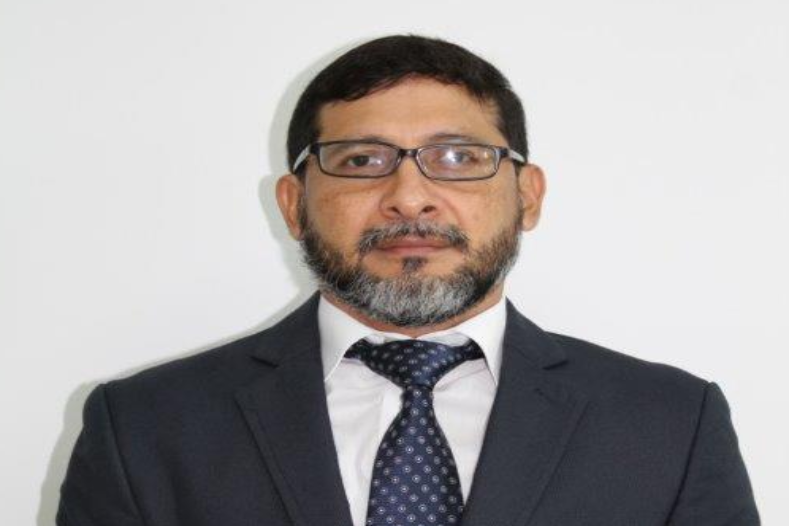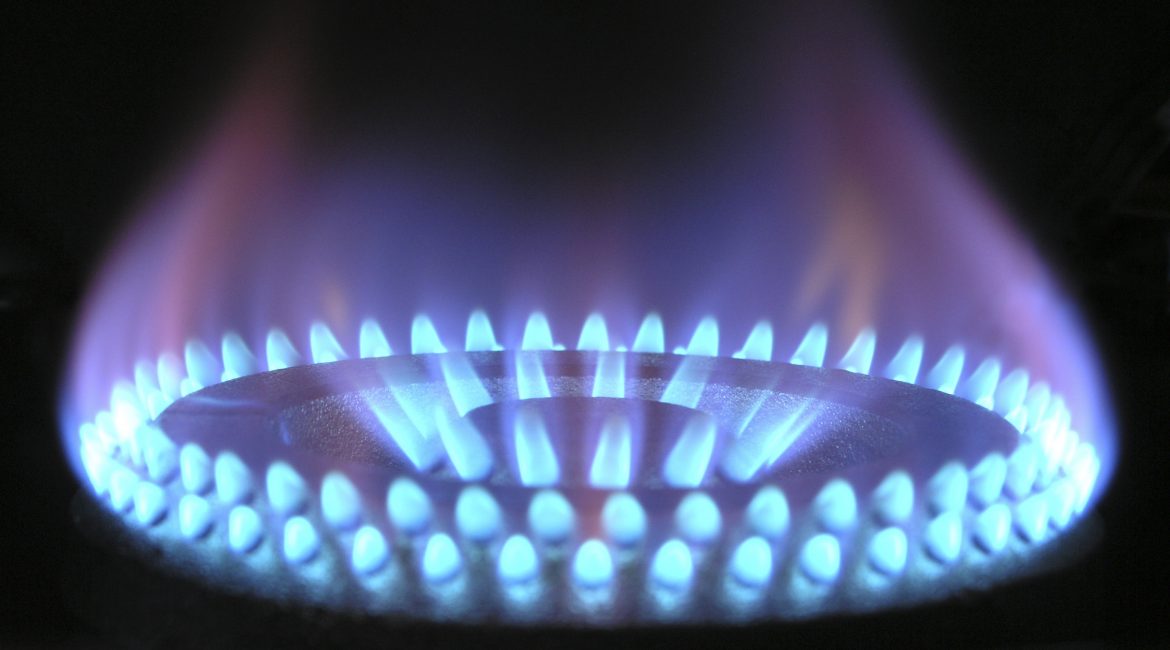Belize is exploring how to ensure the safety and security of liquid petroleum gas (LPG) products in a full discussion with stakeholders in that sector, which took place in a virtual setting from September 14-17, 2021.
The LPG value chain was the subject of recent analyses to determine what quality issues may exist therein, in an attempt to further examine the challenges and possible solutions. The Belize Bureau of Standards (BBS), in collaboration with the Technical Barriers to Trade Component of the 11th European Development Fund (EDF) Economic Partnership Agreement (EPA) Programme hosted a recent workshop to engage stakeholders in the sector in in-depth discussion on these and other matters.
The CALIDENA value chain workshop involved government, regulatory agencies, as well as private sector entities which are involved in the gas sector through which Belize imports, or otherwise secures, and distributes gas. Every step of the chain was reviewed, in an attempt to identify the challenges and derive possible solutions. This was in an attempt to ensure the LPG value chain is a stable and quality supply for the country, which combines raw materials sourced internationally into a regulated blend for distribution.

Director of the BBS, Mr. Jose Trejo at the opening of the value chain workshop said: “This is something different for us. We’ve seen a lot of value chains done in countries specific to the food sector; this time around is going to be different. When we did this last time around for the shrimp sector it was quite successful… We want this one to be just as successful for Belize. The expectations are high.
“I believe in terms of our approach, this is something we’d want to say to you as stakeholders, that I’m sure you can appreciate the value that quality infrastructure brings to every facet of our national development. As an institution, the Bureau of Standards is not looking to focus on one specific area; we try to leave no stone unturned and hope we can touch all bases where we can with the resources that we have,” said the director.
This initiative is one of 11 such interventions by the 11th EDF-EPA TBT Programme aimed at providing support to specific value chains identified by CARIFORUM countries, which can in turn better aid the countries trading efforts. The project is being managed by the German National Metrology Institute (PTB) and administered in CARIFORUM by the CARICOM Regional Organisation for Standards & Quality (CROSQ) and the Dominican Republic’s Institute for Quality (INDOCAL).
CROSQ CEO, Mr Deryck Omar stated: “Over the past year under the 11th EDF project, we trained several persons in facilitation techniques and the CALIDENA process to support the participating countries ranging from The Bahamas, Dominica, The Dominican Republic, and Jamaica, to right here in Belize.
“These trained facilitators, with the support of the QI institutions, were able to engage the key stakeholders in the LPG value chain. These stakeholders range from those involved in importation, production, distribution and transportation, and suppliers, as well as support service providers and QI institutions, with a view to examining how the introduction or updating of standards, measurement systems or metrology, accreditation of laboratories, as well as testing, inspection, certification and quality promotions could help in boosting the quality of the value chain.”
Mr Trejo underscored the importance of developing local capacity in the form of such trained facilitators, and thanked the project for this initiative, especially in light of the current pandemic.

About 11th EDF-TBT Project
Implementation of the Technical Barriers to Trade (TBT) Component of the 11th European Development Fund (EDF) Economic Partnership Agreement (EPA) Programme started in September 2019. It is funded by the European Union, through the CARIFORUM Directorate, managed by the German National Metrology Institute (PTB) and jointly implemented by the PTB, CARICOM Regional Organisation for Standards & Quality (CROSQ) and the Dominican Institute for Quality (INDOCAL).
The overall 11th EDF-EPA Programme’s objective is to contribute to the integration of the CARIFORUM into the world economy with the specific objective to facilitate the effective operation of the EPA. One means of ensuring the EPA provides the intended benefits to CARIFORUM States is through the improvement of trade and competitiveness by reducing TBTs, through a modernized national and regional Quality Infrastructure. The TBT Component aims to contribute to the Programme’s overall and specific objectives by increasing the use of internationally recognised Regional Quality Infrastructure (RQI) by the regional and national quality institutions and by the private sector. Benefits include the identification and closing of quality gaps in key sectors and organisations; the promotion of a quality culture in the region; and, the strengthening of the RQI.
Beneficiary Countries: Caribbean Forum of ACP States (CARIFORUM) and Montserrat: Antigua & Barbuda – The Bahamas – Belize – Dominica – Dominican Republic – Grenada – Guyana – Haiti – Jamaica – Montserrat – Saint Lucia – Saint Vincent and the Grenadines – Saint Kitts and Nevis – Suriname – Trinidad and Tobago





